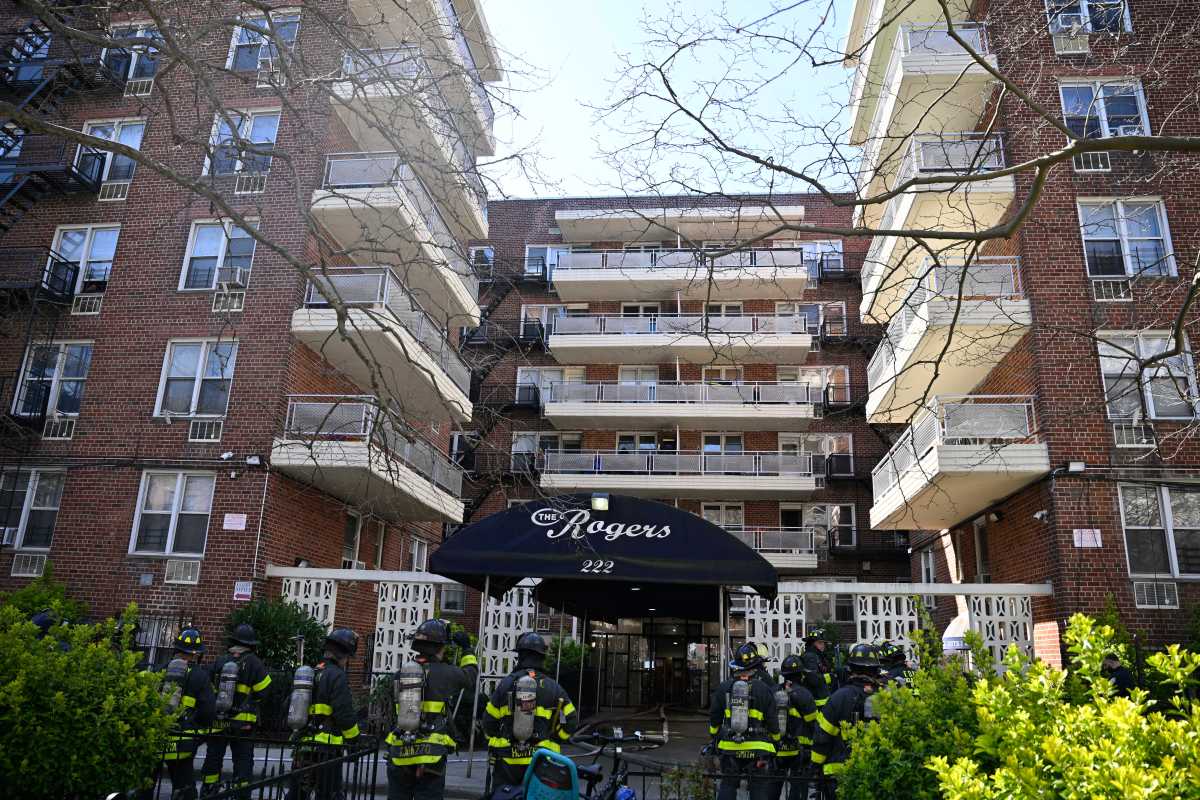Democrats across the country are reflecting on lessons learned after the party’s failure to secure the presidency and other races in the 2024 election. One such lesson can be gleaned from a ballot initiative in Massachusetts, an overwhelmingly blue state where residents rejected an attempt to eliminate the restaurant industry’s tip credit compensation system. It’s a move some New York electeds want to make in the Empire State, much to the chagrin of restaurant workers and owners.
Known as Question 5, the bid to end the tip credit in Massachusetts was decisively defeated after workers and owners rose up in unison to oppose it. Even voters in Boston’s more liberal suburbs strongly opposed eliminating the tip wage, which forms the foundation of our industry’s customary pay structure.
Like in Massachusetts and most other states, in New York, restaurants pay workers who receive gratuities a base wage, which must be combined with their tips to equal or exceed the full minimum wage. The differential is known as the “tip credit.” Think of a waiter or bartender as a salesperson who is paid a base wage plus earns commission. However, a controversial outside group has been pushing to end the tip credit at the national and state levels and is deploying a well-funded, out-of-touch lobbying campaign to force their will on the people of New York.
Thankfully they’ve suffered losses. The group failed to qualify the initiative for the ballot in Arizona and Ohio. There’s the defeat in Massachusetts. They succeeded in Maine at first, but then workers and owners joined together in advocacy and the state’s legislature reversed course and preserved the tip credit.
Last year, Washington, D.C. eliminated the tip credit and is now phasing it out. However, this move has already caused significant damage and harm to employees. Between May 2023 and August 2024, full-service restaurants in the district reduced their workforce by 1,800 jobs, representing a 5.9% drop.
In New York, the restaurant industry and its employees have made it clear that they want to keep the current tip wage system. The reason is simple: they earn above the minimum wage, many significantly, with reports showing an average of $20 to $40 per hour or more with tips.
A recent poll of tipped workers in New York State revealed that 84% believe the current tipping system works well for them, and 88% want to maintain it. However, if the tip credit were eliminated, it would cost about $12,000 more yearly to employ just one full-time tipped employee. To manage this staggering cost, 76% of NYC restaurants surveyed earlier this year would increase menu prices, 67% would cut jobs, and 54% would consider closing a business. 42% would also consider eliminating tipping altogether to keep costs down for consumers, a system shown to reduce worker income.
While there’s many restaurants in New York City, too many struggle, and the situation is exacerbated by the fact that 72% of establishments surveyed reported lower sales during the summer of 2024 compared to the same period in 2023. Factors like a drop in customers, high labor costs, and inflation were cited by local business owners as major challenges.
Democrats, whose party performed poorly and lost support from working class voters should be listening to the concerns of restaurant owners and workers telling them that ending the current compensation system would show their indifference to the needs of hardworking New Yorkers. Eliminating the tip credit will also make dining out at restaurants even more expensive at a time when inflation and financial issues are a top concern for voters.
An important economic and political lesson from this year’s election for New York’s elected officials comes in the form of a generous tip. And that tip is to preserve the restaurant industry tip credit.





































